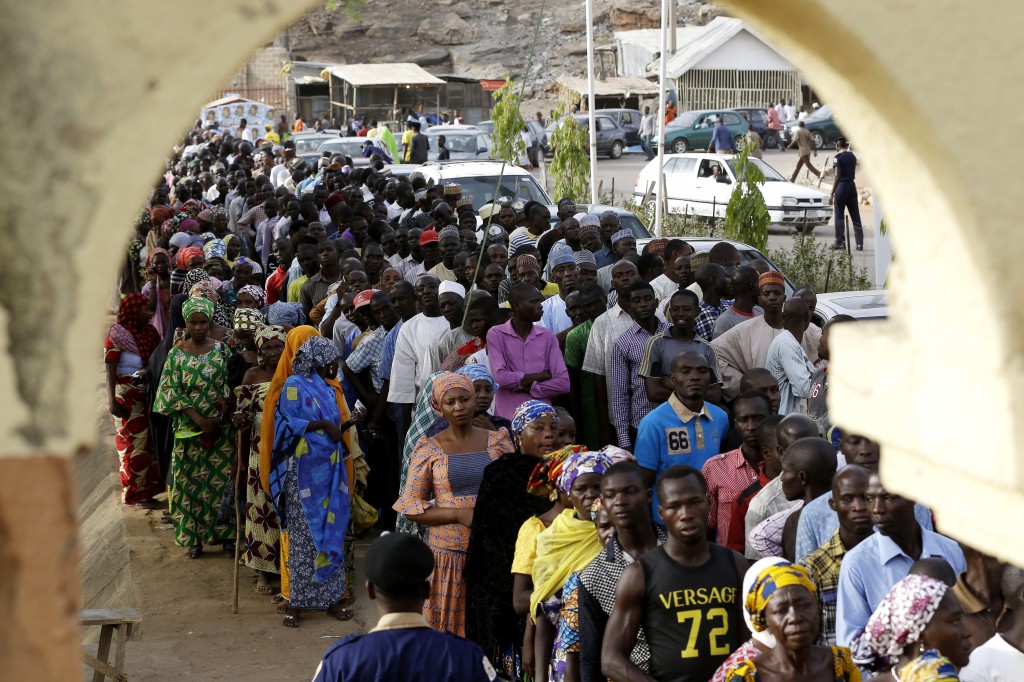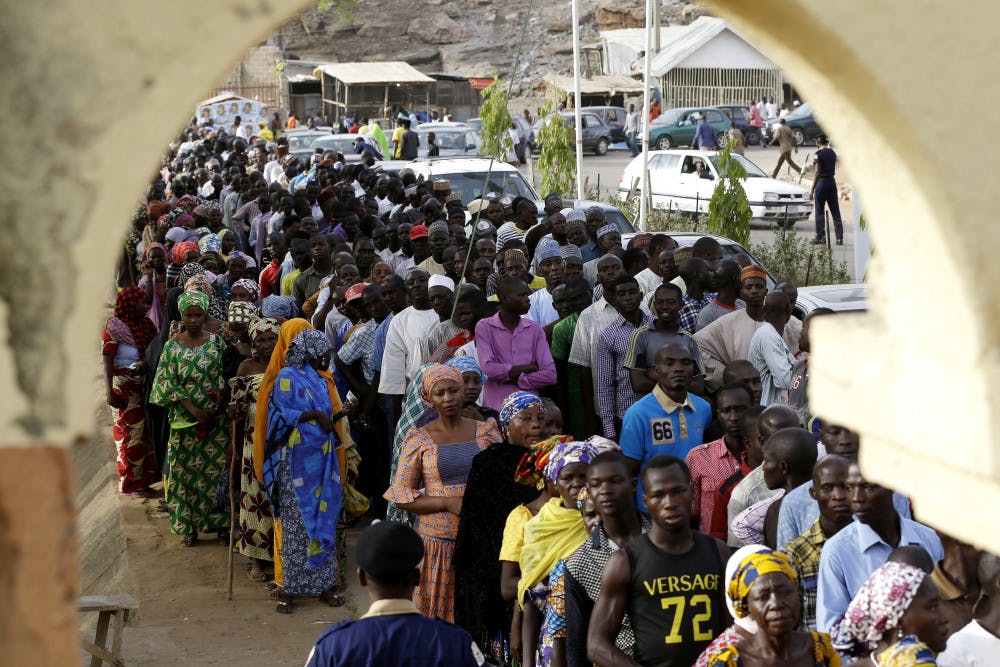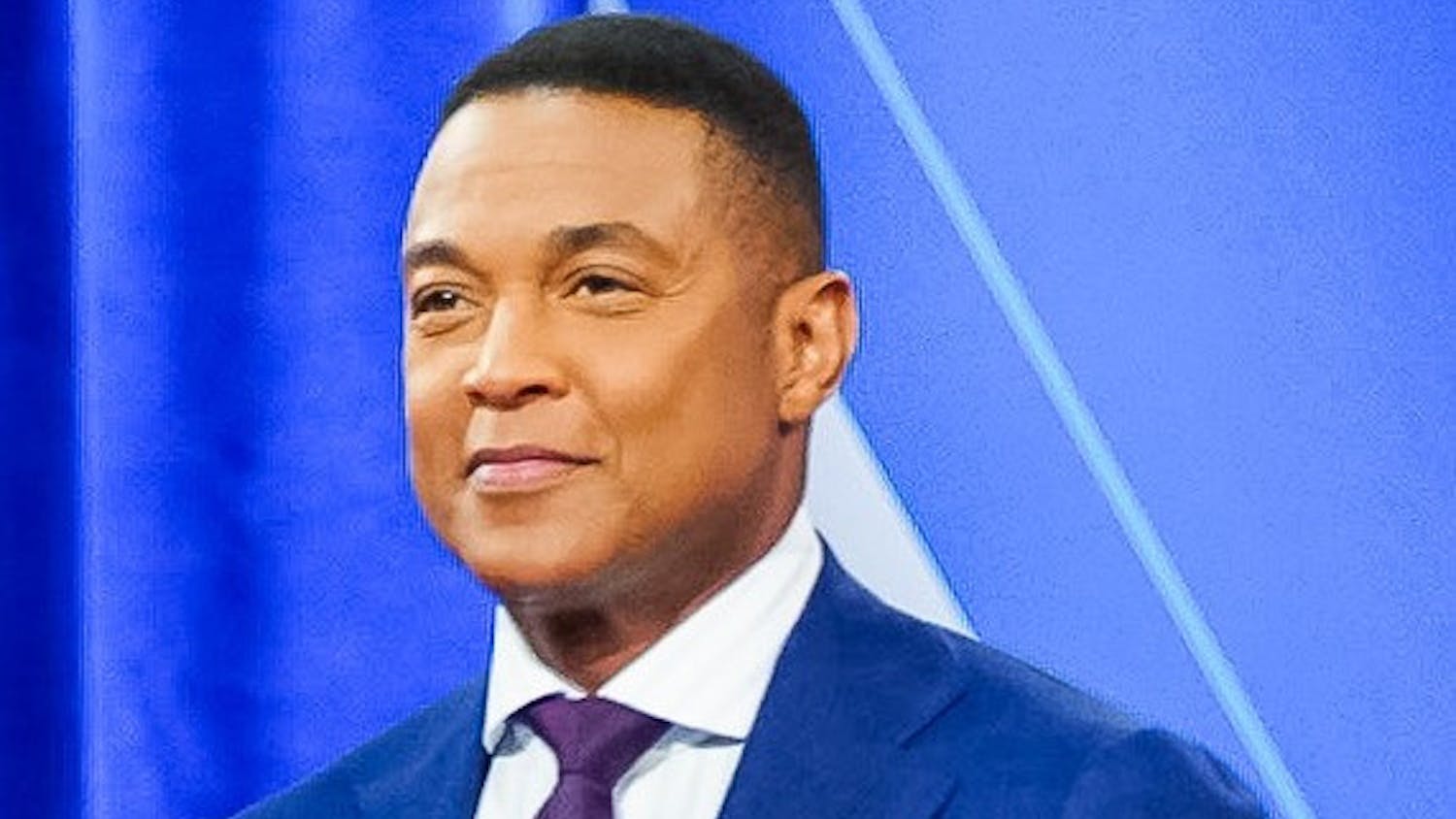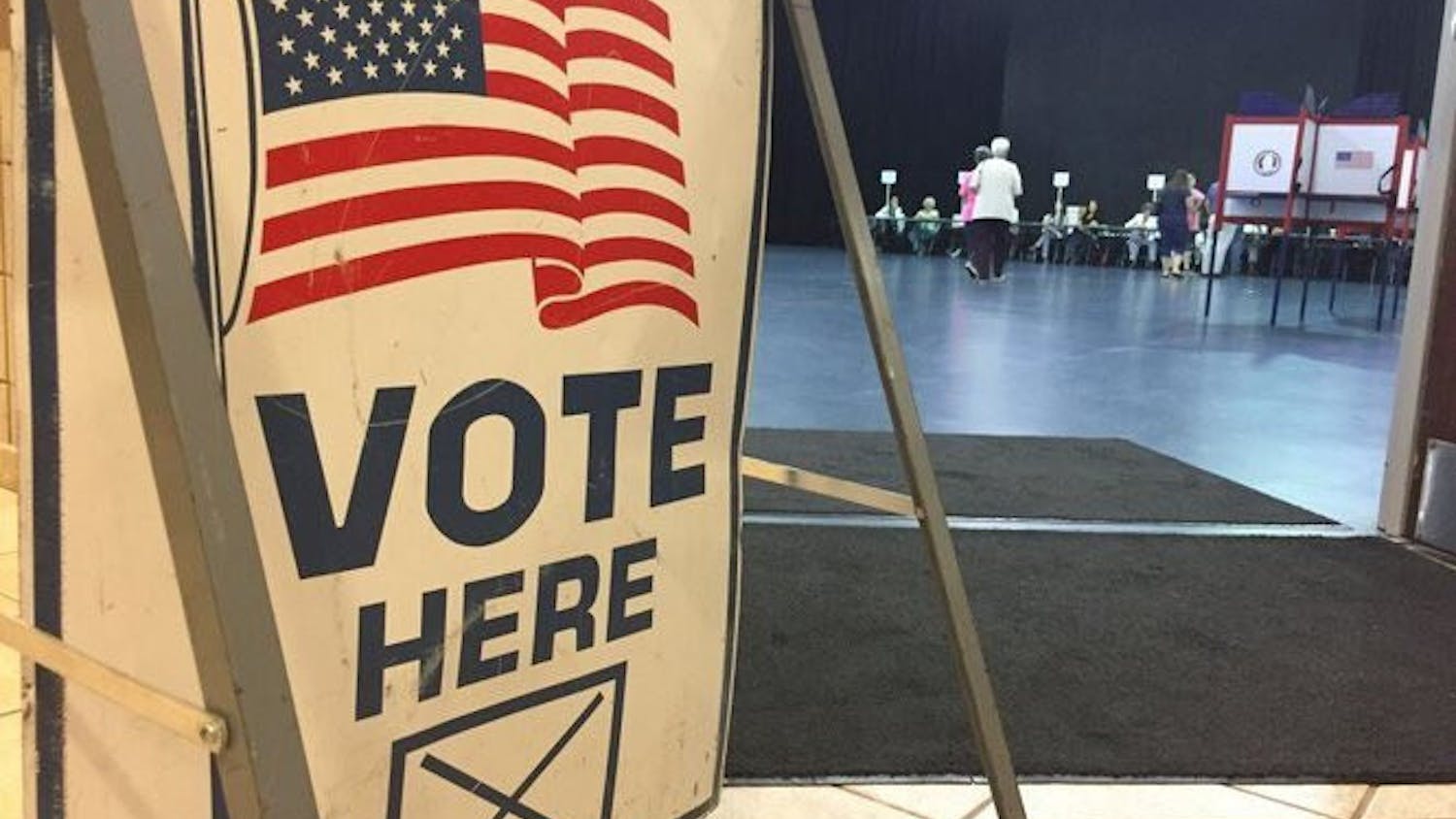By Roman Orsini
Staff Writer
Nigeria held its presidential election on Saturday, March 28. As the most populous democracy in Africa, this was among the largest election to have taken place on the continent to date, according to CNN. The opposition candidate, Muhammadu Buhari, was elected by 2.5 million votes, replacing incumbent president Goodluck Jonathan.
Nigeria is divided politically and culturally between its Muslim north and Christian south. According to BBC, the country has a political tradition of alternating presidential power between northern and southern presidents — a means to balance the ethnic rivalries that have troubled Nigeria since its nationhood. Jonathan, a Christian president since 2010, was the first leader to peacefully concede his power to Buhari, a Muslim.

According to the Independent, the election was originally scheduled for Saturday, Feb. 14, but was delayed due to the ongoing threat by Boko Haram, a Nigerian terrorist group, with links to the Islamic State in Iraq and Syria (ISIS) and Al Qaeda.
Boko Haram, whose name loosely translates to “western education is sinful,” was a key issue in the election and a major source of instability in the region. According to the Economist, Boko Haram took up an insurgency against the Nigerian government in 2009. Last year, the Islamic militants took control of large swathes of territory in the northeast. The group is also active in Niger, Chad and Cameroon.
The group provoked international outrage last year for its abduction of over 200 Nigerian schoolgirls who have yet to be recovered. More recently, Boko Haram publicly declared its solidarity with ISIS, even adopting the ISIS flag as its own, according to Al-Arabiya. At a meeting of the U.N. this January, President Jonathan said Boko Haram has killed roughly 13,000 people since the insurgency began.
Nigerians fault their government’s inability to defend the country against these terrorists. President Buhari, who previously ran Nigeria as a military dictator in the 1980s, was largely elected to defeat Boko Haram.
According to the Root, “Nigerian voters placed their bets on the former army junta commander with battlefield experience rather than the disappointing lifelong politician, (Jonathan), who still didn’t bring those kidnapped schoolgirls back.”
Following his election, Buhari said, “Boko Haram will soon know the strength of our collective will and commitment to rid this nation of terror.”
Widespread corruption also continues to plague Nigeria, as a product of the country’s vast oil wealth and kleptocratic governance. Oil revenues that are intended to fund public services are often siphoned into the hands of governing officials. It remains to be seen how Buhari’s government will deal with corruption, though he has recognized the issue, according to CBS.







